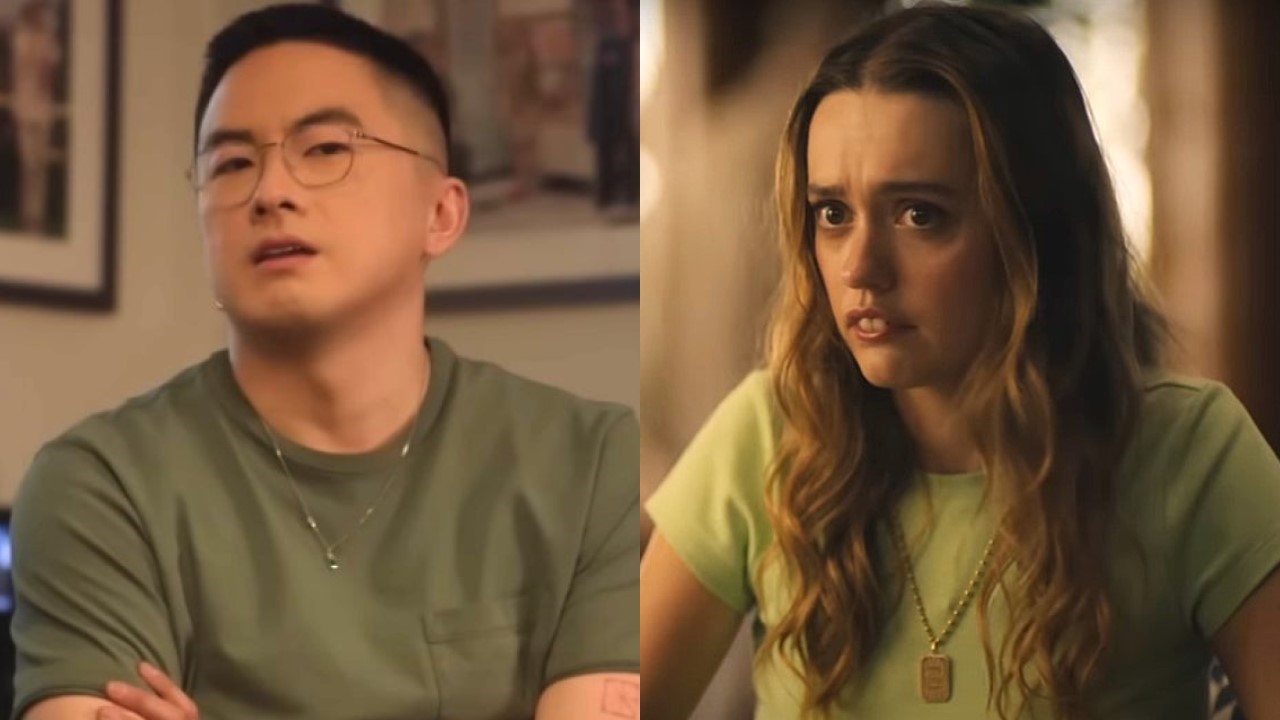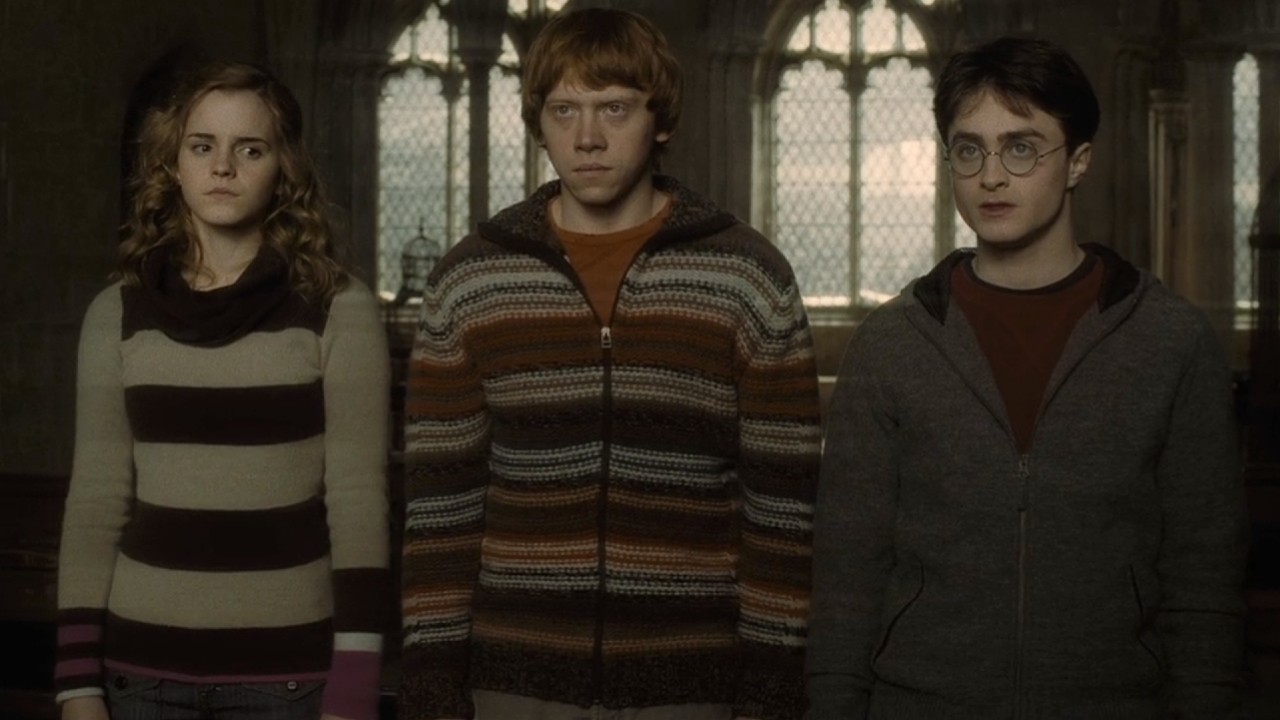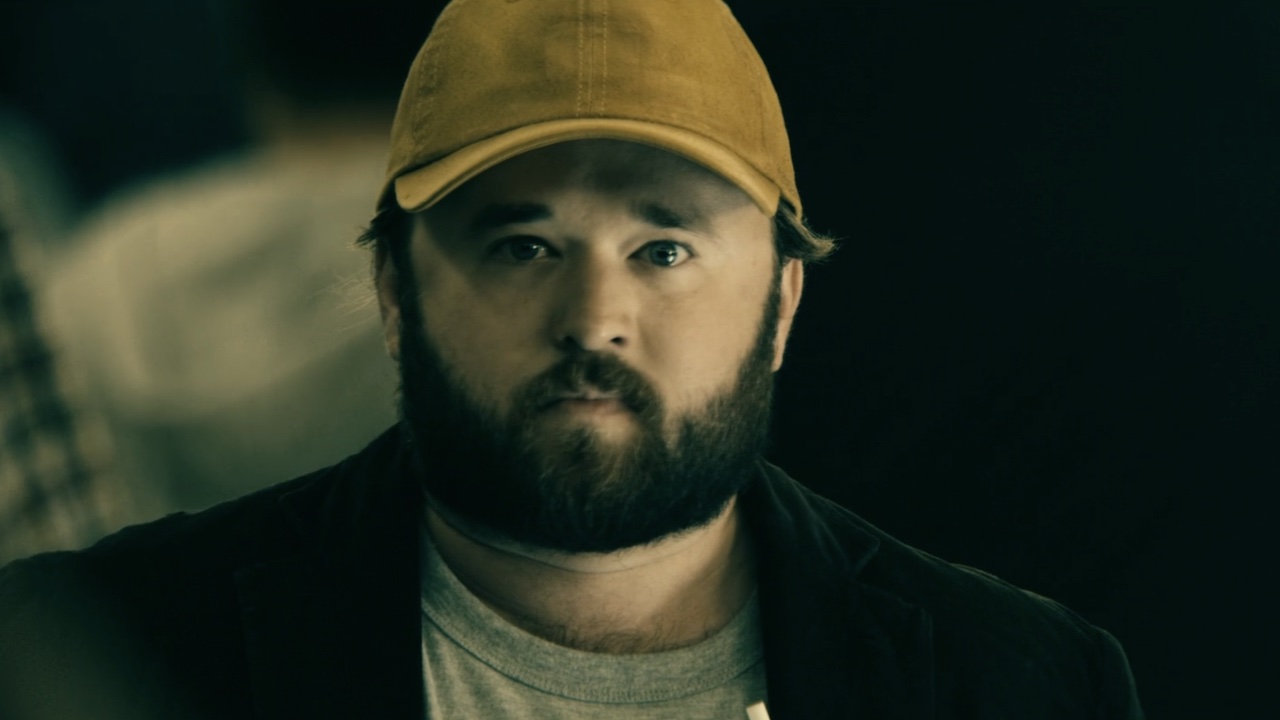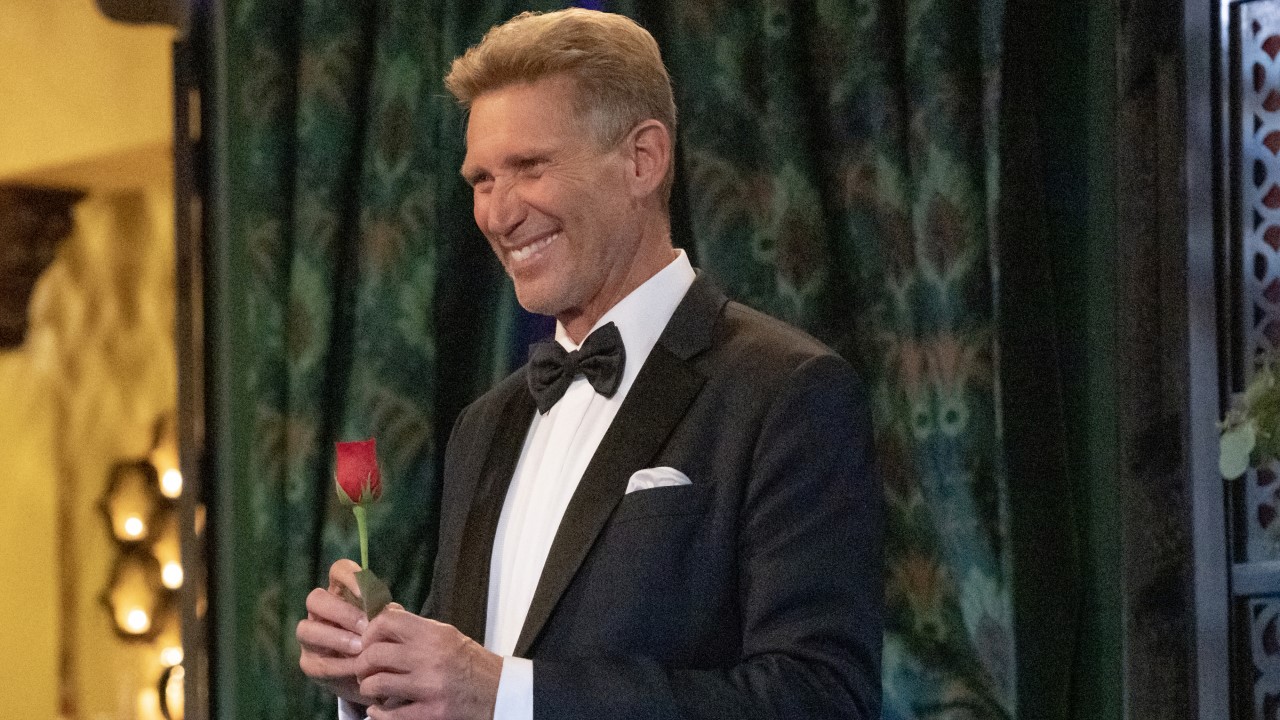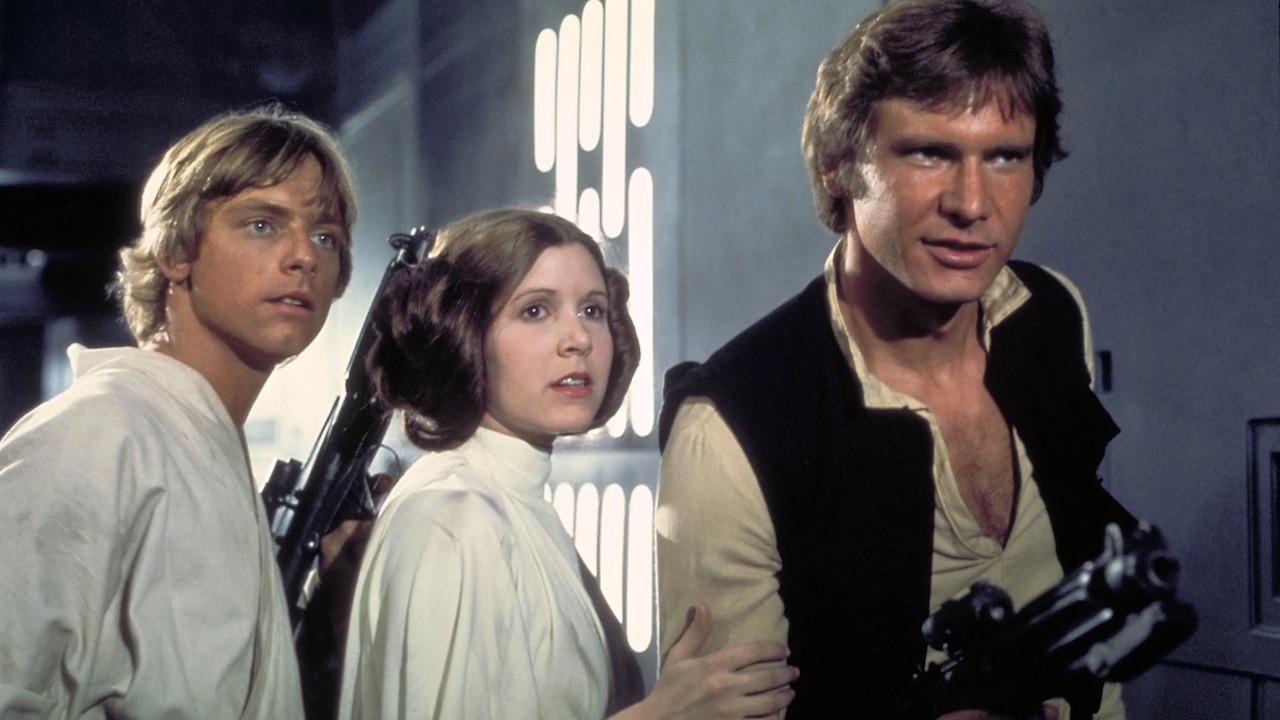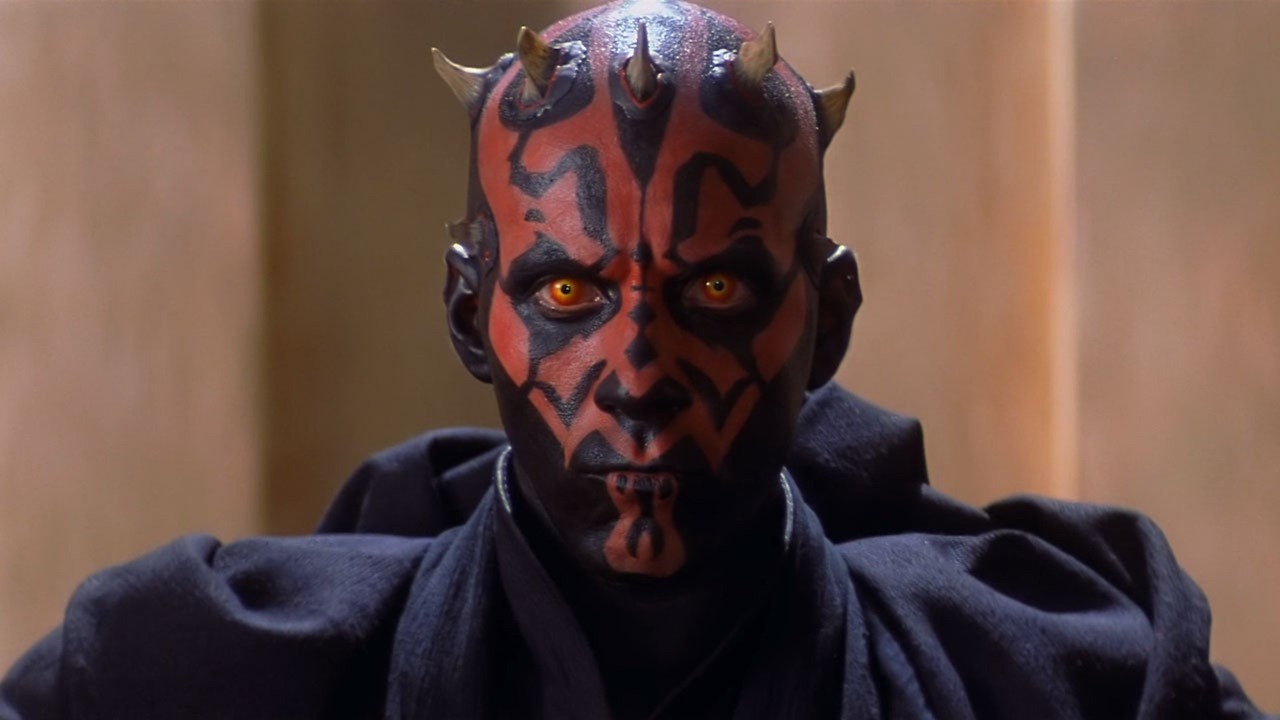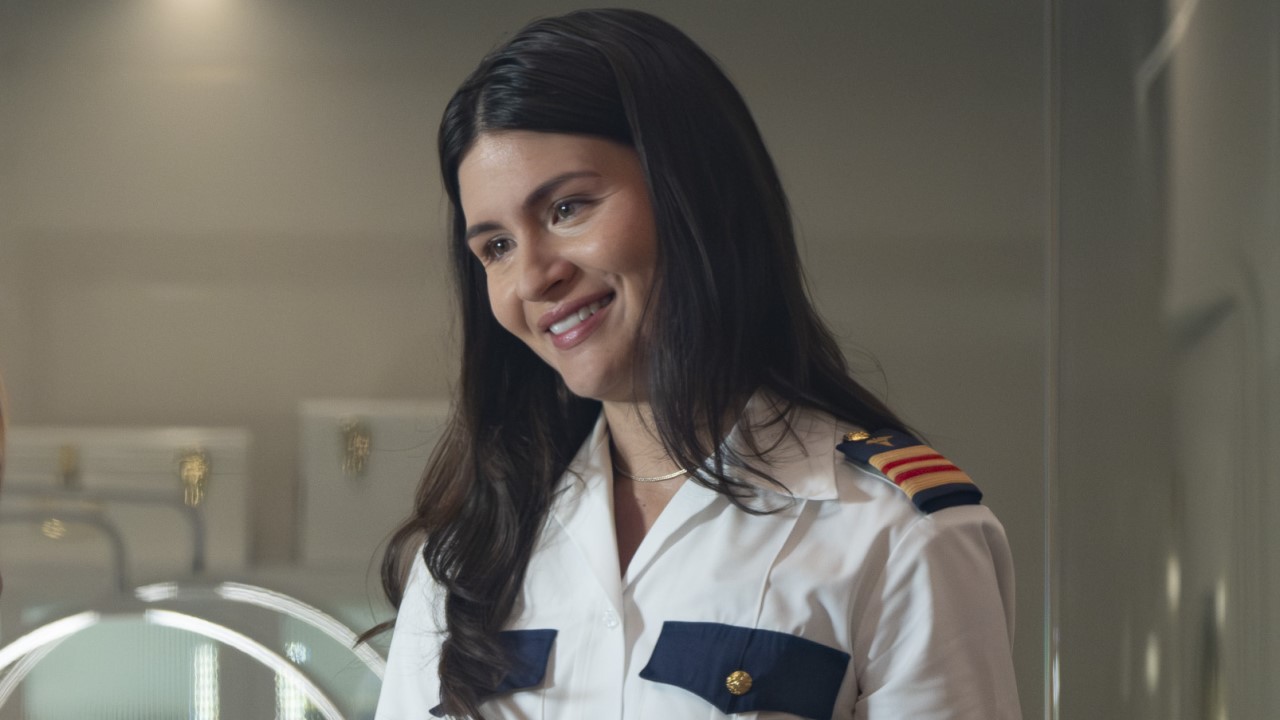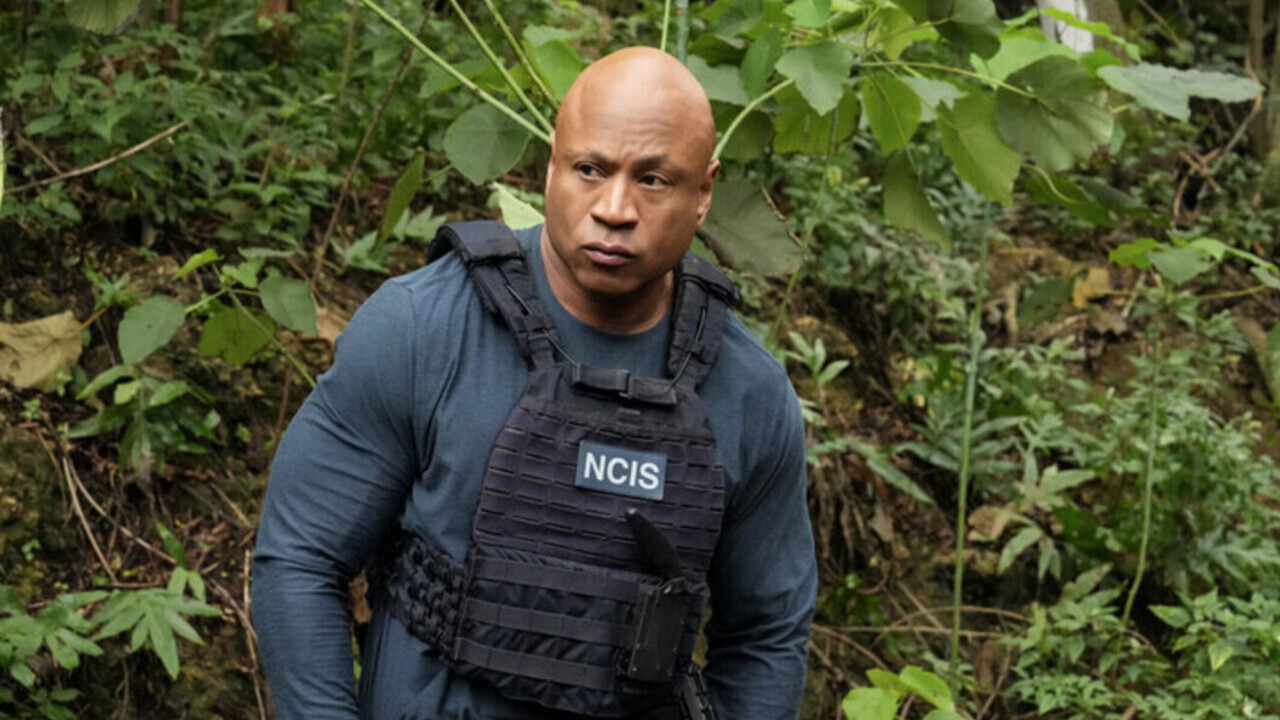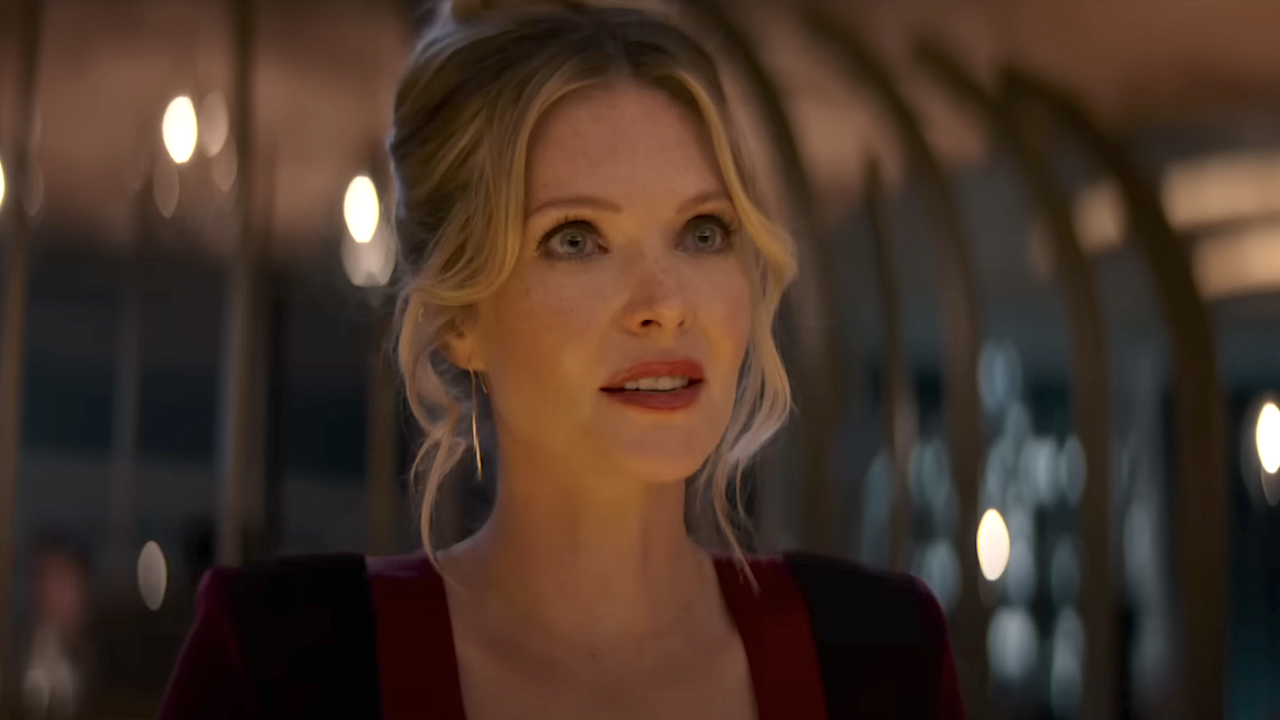Steve Jobs Was Almost A Very Different Movie, Here's How
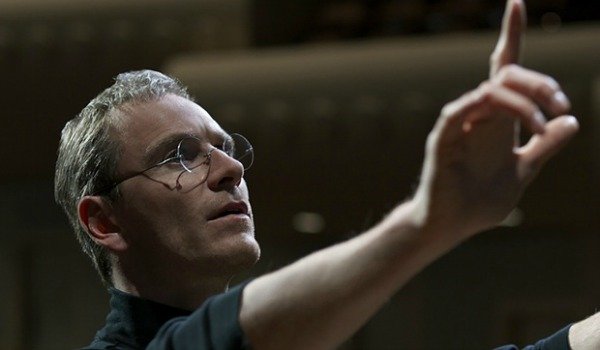
If you’ve seen Steve Jobs then you already know that it’s a slick, pacey, and entertaining sort-of biopic of the titular Apple headhoncho/apparent absolute bastard. Aaron Sorkin’s script is littered with the sort of quips, comments, and elegant and engaging waffle that you would expect, while Danny Boyle’s direction brings an enchanting cinematic vibe to what is basically just three backstage scenes that drag up the same conflicts time and time and time again.
It’s Michael Fassbender who really grabs hold of Steve Jobs and makes it a must see. His towering, complex, and uncompromising display is one of the year’s best performances, and the supporting work of Kate Winslet, Seth Rogen, Michael Stulhberg, Jeff Daniels, and Katharine Waterston is just as spectacular.
Despite its sways of brilliance, Steve Jobs is still flawed. It becomes repetitive and is at times overly sentimental. And because of the fact that various iterations of Aaron Sorkin’s script nearly made it to the big screen we’re left wondering what could have been. In fact, here are three changes to Steve Jobs that mean we almost had a completely different film than the one that is now in cinemas across the country.
WARNING: There are SPOILERS ahead, so if you haven't watched Steve Jobs yet, you might want to proceed with caution.
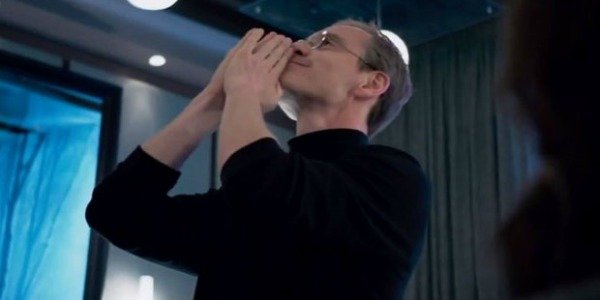
David Fincher Was Just A Contract Disagreement Away From Directing Steve Jobs
Following on from their work on The Social Network, it’s no wonder that Aaron Sorkin sought out David Fincher to direct Steve Jobs once he finished adapting Walter Isaacson’s book on the Apple legend. Fincher was just as willing to get his hands on Sorkin’s script. Unfortunately, a contract dispute led the director to pull out of the production, but Scott Rudin’s second choice, Danny Boyle, was instantly enamoured with Sorkin’s work, and soon signed up.
What would have been different if Fincher had directed? Well, first things first, the soundtrack probably would have glistened with the efforts of Trent Reznor and Atticus Ross, while it almost certainly wouldn’t have included a song from Brit-rock lads The Libertines, which, even though I enjoyed it, did feel a tad out of place.
CINEMABLEND NEWSLETTER
Your Daily Blend of Entertainment News
Other than that we can only speculate. Would David Fincher have made sure that the constant re-appearances of Steve Jobs’ former allies, who quickly become his enemies, didn’t feel like an episode of Cheers? Well, the sensational documentary on the production of The Social Network proved just how meticulous the filmmaker was with that script to try and rid it of material he thought was superfluous. That process could have made Steve Jobs a tiny bit less cheesy.
One thing that’s almost for certain is that David Fincher wouldn’t have made the conclusion so bombastically sentimental. Danny Boyle previously revealed during his talks with Amy Raphael in her astounding book, Danny Boyle: In His Own Words, his regret that he didn’t end Sunshine with the Coldplay song "Fix You" because he originally feared that it would be over the top. Since then, especially with Slumdog Millionaire and 127 Hours, Boyle has gone for a grandiose emotional finale. They have suited both of these productions just fine, because of the release that they provided following the rollercoaster antics of the films. With Steve Jobs this approach just didn’t fit. In fact, it felt forced and over-done. And it was something that, for better or worse, I just couldn’t have seen David Fincher doing.
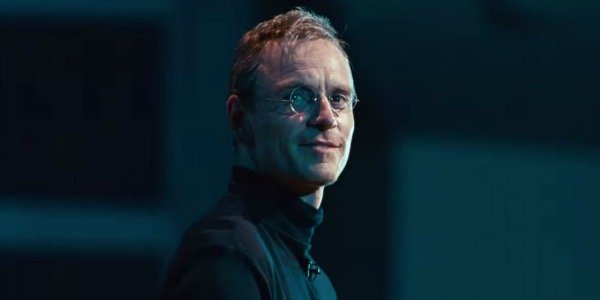
Christian Bale, Not Michael Fassbender, Was The First Choice For Steve Jobs
When Aaron Sorkin revealed that Christian Bale had been selected to star in Steve Jobs, the screenwriter insisted that they had hired the best actor in the world to play the part. So, of course, when Christian Bale left the project alongside David Fincher it was always going to be known that his replacement was second choice to the Batman Begins actor. Luckily though, the replacement was Christian Bale. But, after agreeing to star in Steve Jobs for a second time, he then quit for good in November 2014.
As a result of Bale’s exit, Michael Fassbender was approached for the role, and those of you who have seen the film will be in agreement that he is rather special as Jobs. In fact, he’s so damn good that imagining anyone else in the role is impossible.
But the news that Steve Jobs made a stuttering start at box office means that questions will now be asked about whether Christian Bale’s presence might have made it a bigger draw. American Hustle, The Fighter, and The Prestige each weren’t blockbusters and returned healthy grosses, while, despite his obvious talent, Michael Fassbender is yet to lead a proven, lower budgeted box office triumph.
That doesn’t really matter, though, because Fassbender is superb as Steve Jobs, and that is all that will be remembered. While I’d also like to think that in some distant, far-off parallel universe Christian Bale is probably being just as lauded for his own turn as Steve Jobs.
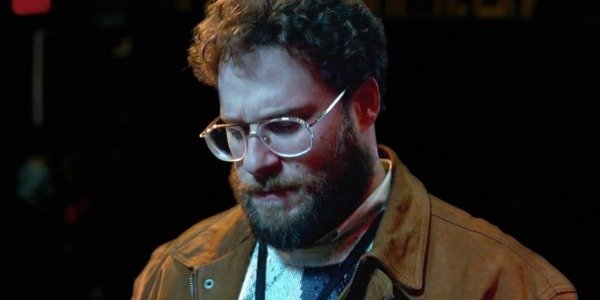
Sony Almost Produced Steve Jobs, Would Seth Rogen Have Starred?
Did the decision to cast The Interview’s Seth Rogen as Steve Wozniak result in Sony pulling the plug on Steve Jobs? Almost certainly not, but it’s an interesting little side story as to how the movie eventually made it to the big screen.
After acquiring Walter Isaacson’s book back in October 2011, hiring Aaron Sorkin to adapt it, forcing David Fincher to confirm then quit as its director, and finally getting Boyle, Fassbender, and Rogen signed up, Sony ultimately dropped out. This wasn’t to do with Rogen though. In fact, it was more to do with the fact that Sony wanted to cut back following repeated poor performances at the box office. They didn't think Steve Jobs would be a hit, and as its current gross confirms, it isn't likely to return a hefty sum. So the studio decided against proceeding.
Universal Pictures quickly picked it up, though, and gave Boyle and his cohorts $30 million to work their magic on Sorkin’s script. Was $30 million enough to make Steve Jobs though? Well, depending on how much the cast was paid, you’d have thought so. But the obvious comparison is to The Social Network, and since The Social Network cost $10 million more to make and starred a shallower and less renowned cast than Steve Jobs, you could assume that more could have been splashed on to increase its je ne sais quoi.
That is a harsh assessment to reach though. There has certainly been enough marketing, positive attention, and curiosity over Steve Jobs that many expected it to succeed financially. Unfortunately, however, in today’s modern movie climate, it’s impossible to know prcisely how and why a film triumphs or fails at the box office.
All that we do know is that Steve Jobs is a flawed but entertaining, unconventional biopic that we should all revel in, while at the same time still speculating about what could have been.


